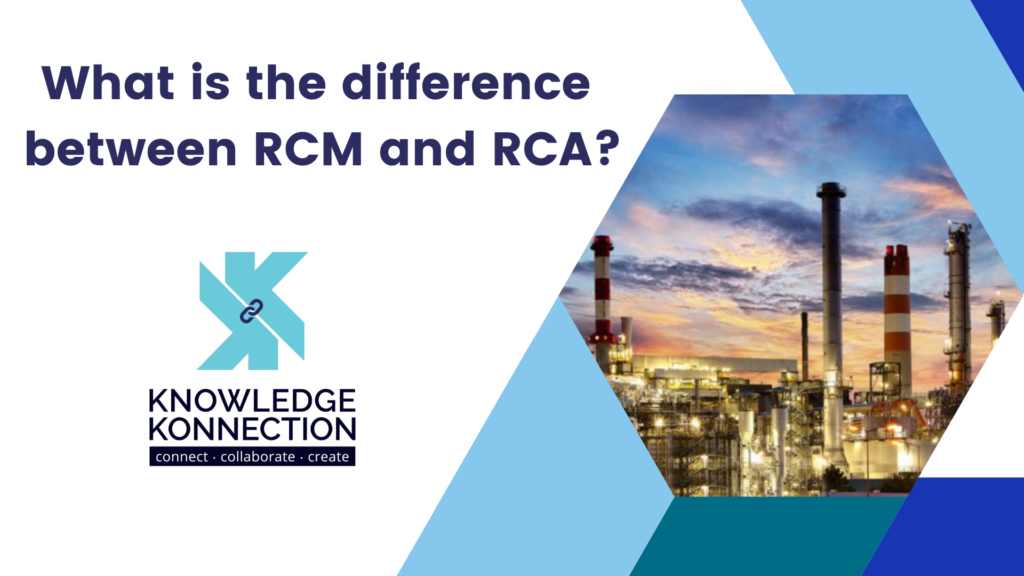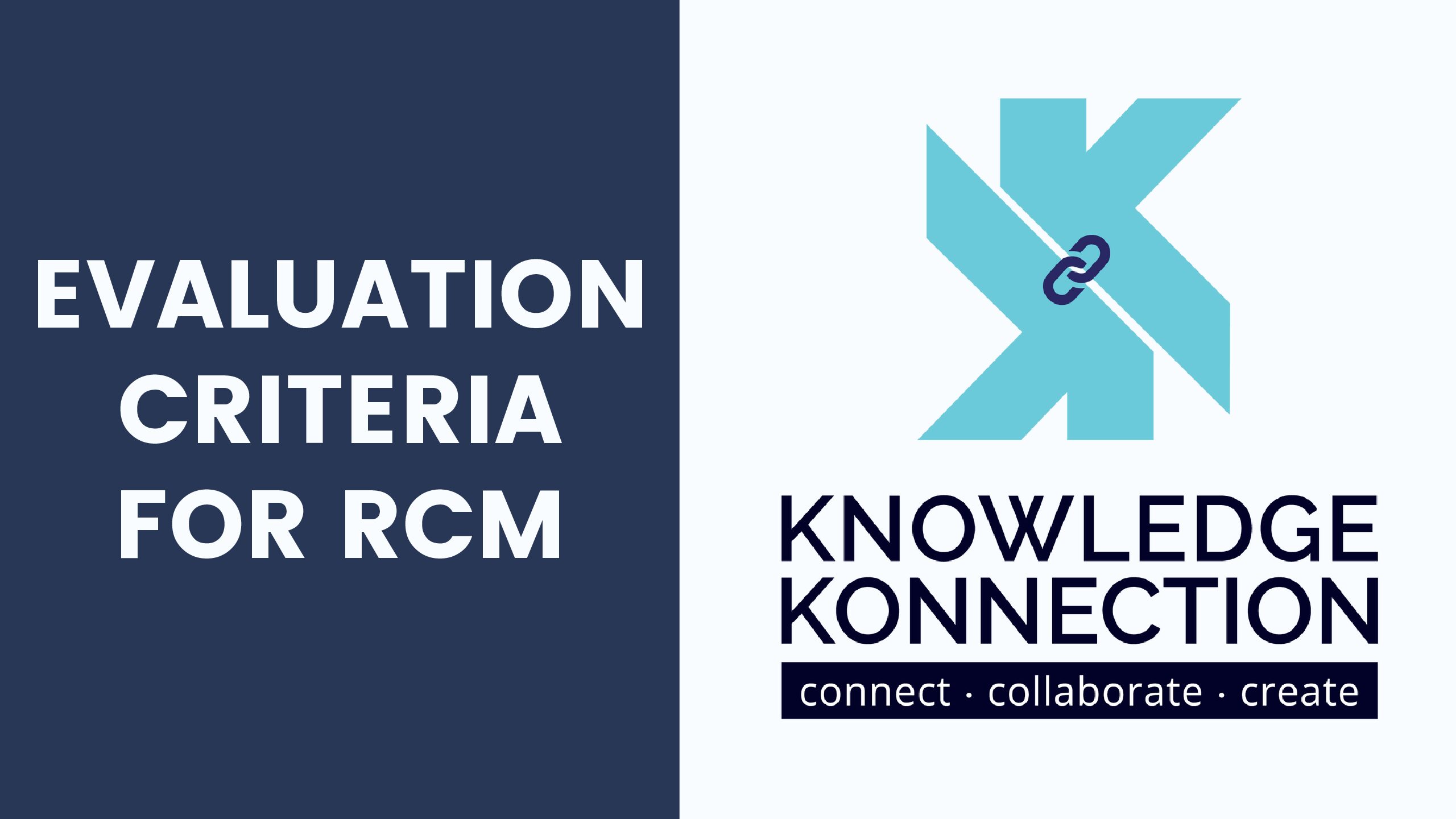
The difference between RCM and RCA is that they’re both important and very effective when used together. They have different functions, but they complement each other when implemented properly.
Root Cause Analysis (RCA) :
RCA involves finding the main cause of a defect or problem within an organization. To eliminate or reduce these problems, one must take preventative measures and remediate the issue.
Reliability Centered Maintenance (RCM) :
RCM is a process that is used to determine which type of maintenance strategy is best to be implemented.
Difference between RCM and RCA :
RCM
RCM
1. It identifies “What could cause a problem?”.
It identifies “What caused the problem?”.
2. It is generally necessary to identify any system’s maintenance needs.
Generally, a root cause of a problem must be identified before appropriate steps can be taken to resolve it.
3. As a result, it is proactive.
As a result, it is reactive.
4. Compared to RCA, RCM is more expensive and takes more time.
As compared to RCM, RCA is less costly and takes less time.
5. The strategy is driven by preventive maintenance.
This is driven by maintenance prevention strategies.
6. RCM treats symptoms of problems primarily.
RCA identifies the root cause of a problem and corrects it.
7. This is a proactive tool used to prevent problems from occurring.
This is a reactive tool that is used after the occurrence of a problem to prevent it.
8. It identifies various ways in which software can fail.
It is used to determine why the software failed.
9. RCM is more widely used than RCA due to its proactive nature.
RCA is less used as compared to RCM because of its reactive nature.
10. It begins with the reliability initiative.
Because it is reactive, it is most frequently used when an incident occurs.

Recent Comments